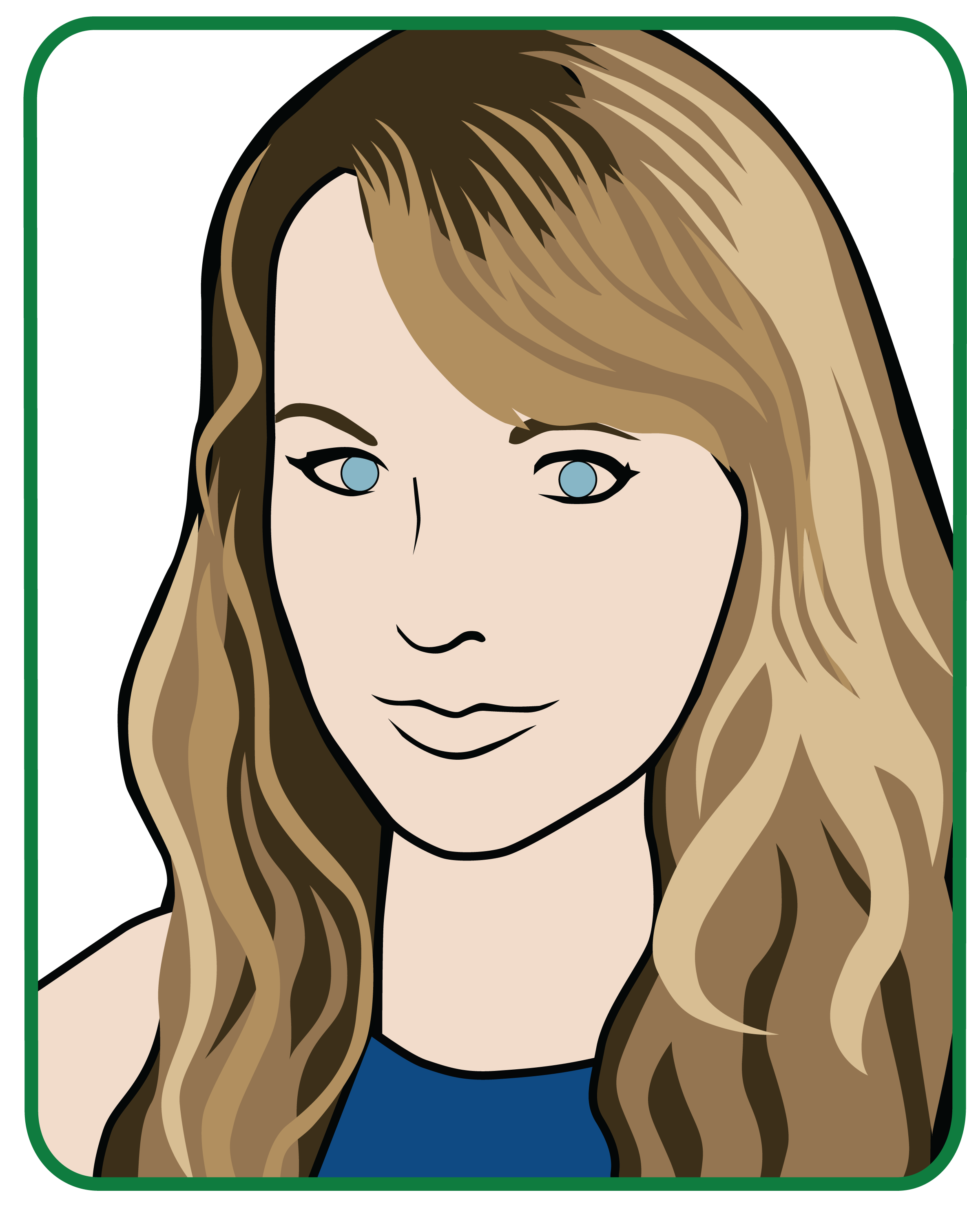New features now make online learning more accessible for SEND students
Today is an exciting day! We've launched our new toolbar that allows students to customise their online learning experience.
The customisable options are designed in mind for students who have been diagnosed with specific learning differences. EdPlace will become the first online learning platform to support SEND (Special Educational Needs and Disabilities) students by tailoring the online experience to their preferred learning style.
There are an estimated 286,000 students in the UK with a diagnosed learning difference, with many more undiagnosed. Homeschooling has seen 40% growth year on year with lineage between excluded children and learning differences. The toolbar aims to address some of these pressure points for schools and parents by supporting SEND students.
EdPlace’s new toolbar features and benefits:

Colour changing backgrounds and fonts to reduce visual stress.
ASD, DSXA, IS, VI, SPD
9 different font styles using typical letter formation for easy recognition.
DSXA, VI, SPD, DGA
Acceptable font size to ensure that students with visual impairment can access the content.
VI

Reading ruler function underlines text to enhance reading fluency.
VS, DSXA, IS, VI, SPD, LRA
The reading widow feature decreases the amount of exposed text on the page, to encourage focus on the task in-hand.
ASD, DSXA, VS, VI, SPD, LRA

EdPlace's audio feature is very helpful for students that have dyslexia, visual impairment, reading difficulties and also for younger children who are unable to read yet.
ASD, VI, DSXA, DGA, VS, LR, APD, SLCN
With EdPlace's toolbar students are able to change the language settings.
ESL
See below for the full list of SEND diagnosis' we can assist with
EdPlace’s CEO and Founder, Will Paterson said: ‘I was lucky. I found out I had dyslexia 25 years ago. Back then it was questioned whether it even existed. The support I then got from my parents and others is what inspired me to found EdPlace, with the mission of making quality educational resources accessible for all. SEND support has transformed since I was at school but there’s scope for so much more, especially online. We’re delighted to launch the toolbar as a first step into opening up content that delivers impact for all.’
Mandy Williams, Head of SEND at EdPlace said: ‘Every child learns differently. Teachers and parents are crying out for resources that meet the individual needs of their pupils. There is a legal requirement within schools to have accessibility for those with physical disabilities, but why is there no requirement for those with general learning differences. EdPlace’s new accessibility tool makes learning online possible for all students.’
Alphabetical SEND Diagnosis' list
ADHD - Attention Deficit Hyperactivity Disorder. A medical condition affecting concentration, sleep and the ability to self-regulate levels of alertness.
ADD - Attention Deficit Disorder. Excessive difficulties with attention and concentration without the symptoms of compulsion or hyperactivity.
APD - Auditory Processing Disorder. The slow processing of instructions given verbally due to the signals in the brain not interpreting the information appropriately.
ASD - Autistic Spectrum Disorder.
Aspergers - high functioning Autism (See Autism)
Autism / Autistic - a cognitive condition, apparent from early childhood, characterised by great difficulty in communicating and forming relationships with other people and in using language and abstract concepts. Autism is a different way of thinking!
Depression - A medical condition that seriously affects your mental health and well-being. Often manifesting in suicidal and dark thoughts about oneself or others. Not to be confused with anxiety or stress.
Dyscalculia -severe difficulty in making arithmetical calculations and understanding mathematical symbols and concepts.
Dysgraphia - Difficulty with the acquisition and recollection of the ability to write numbers and letters. Affects the ability to learn the sequence of fine motor skills required to write.
Dyslexia - a general term for disorders that involve difficulty in learning to read or interpret words, letters, and other symbols, but do not affect general intelligence.
Dyspraxia - a developmental disorder of the brain in childhood causing difficulty in activities requiring coordination and movement.
FAS - Fetal Alcohol Syndrome. Effects the development of the brain during pregnancy due to mothers alcohol dependency.
FMS - Fine Motor Skills. Relates to the difficulties faced in the fine skills and dexterity of hands. Pen grip for example. Coordination difficulties.
GDD - Global Developmental Delay. Is the general term used to describe a condition that occurs during the developmental period of a child between birth and 18 years. It is usually defined by the child being diagnosed with having a lower intellectual functioning than what is perceived as 'normal' for their chronological age.
GMS - Gross Motor Skills. The inability to control mechanical movements for your large limbs, like kicking and throwing. May affect centre of gravity and coordination in general.
HI - Hearing impaired. Mild to moderate hearing loss. RA= Radio Aids and CI= Cochlear Implants
Irlens Syndrome - (also referred to at times as Meares-Irlen Syndrome, Scotopic Sensitivity Syndrome, and Visual Stress) is a perceptual processing disorder. It is not an optical problem. It is a problem with the brain's ability to process visual information.
Mutism - when a person is unable to communicate verbally
OCD - Obsessive Compulsive Disorder. Obsessive thoughts and a need to follow a pattern of behaviours in order to relieve anxiety.
ODD - Oppositional Defiant Disorder is a childhood disorder that is defined by a pattern of hostile, disobedient, and defiant behaviours directed at adults or other authority figures
PDA - Pathological Demand Avoidance. Behaviour pattern linked to autism.
Selective Mutism - When a child is physically able to verbally communicate but emotionally unable to in certain stressful conditions.
SEMHD - Social Emotional Mental Health Difficulties. People may experience a wide range of social and emotional difficulties which manifest themselves in many ways. These may include becoming withdrawn or isolated, as well as displaying challenging, disruptive or disturbing behaviour. Often comorbid with Autism.
SLCN - Speech Language and Communication Need. The child has displayed significant language acquisition delay compared to their cognitive level.
SPD - Sensory Processing Disorder.(Also known as sensory integration dysfunction) is a condition in which the sensory signals received by the central nervous system do not become organized into an appropriate response. Senses can be hyper or hypo.
Stammer/Stutter - Not a SLCN anymore. Recognised now as an anxiety disorder.
VI - Visual Impairment.










